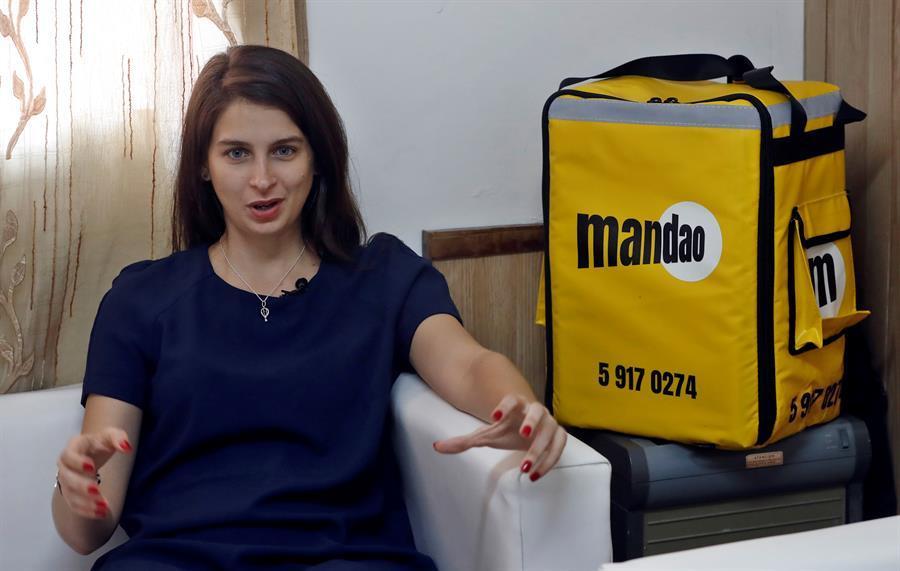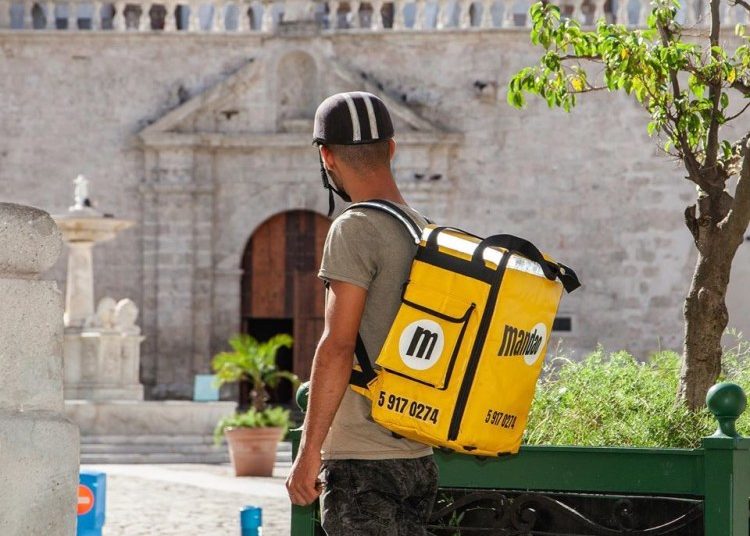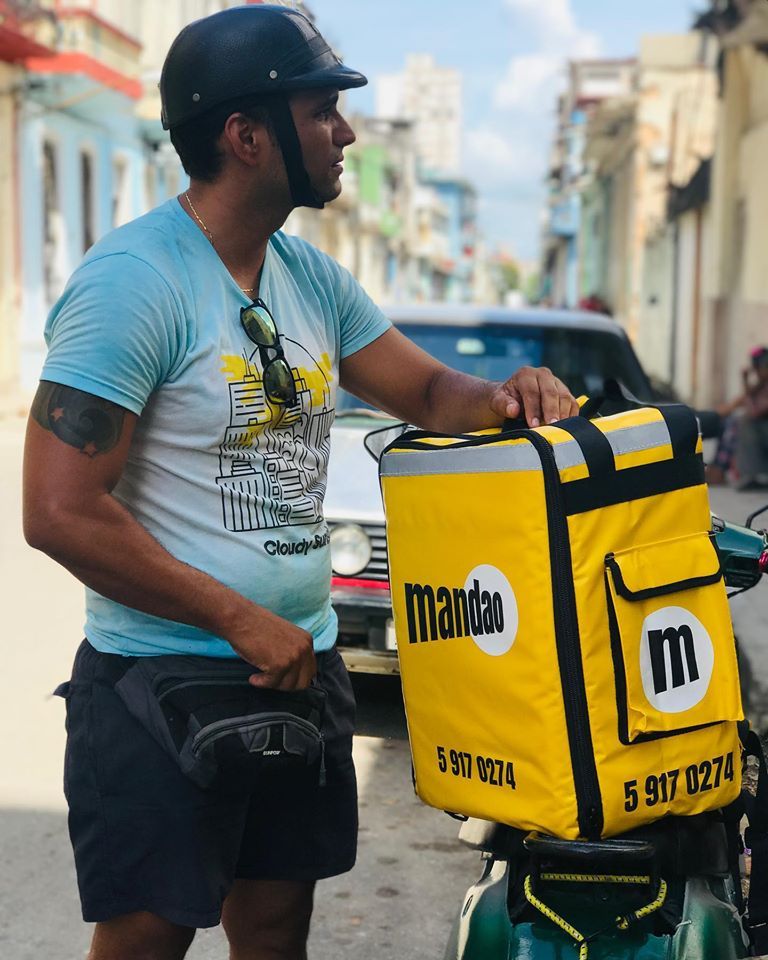The home delivery service is a more than necessary alternative in the current situation in the country during this period of social isolation due to the COVID-19 pandemic.
Enhancing this activity helps social distancing, so necessary to stop the spread of the disease on the island where there already are more than a thousand infected.
Although several state and some private restaurants have started providing food delivery―especially in Havana―during this specific situation, for several months a private entrepreneurship project has managed to join several establishments with different offers in the capital.
Unidades gastronómicas que ofrecen servicios a domicilio y para llevar, en la provincia de #LaHabana . #SomosComercio @DiazCanelB @PresidenciaCuba @BetsyDazVelzqu2 @GriseldaAvilaD1 @MiriamP04398282 pic.twitter.com/xAJX4L3LlO
— Comercio Cuba (@MincinCuba) April 20, 2020
Mandao Express is the name of this initiative, led by Marta Deus, who in turn is in charge of Deus. Accounting Experts, an enterprise providing financial advice to private businesses.
“Mandao Express arose about four years ago due to the need to have a courier service for Deus, focused on sending documents to enterprises, an option that did not exist in the city,” says the Bachelor of Business Administration and Management.
“We stopped for a while and since September 2019 this new Mandao is here with other objectives and image, much more focused on food delivery,” she adds.
Deus explained to OnCuba that when the first isolation measures began to be taken in the country, they had to restructure a good part of the mechanism they had established for months.
“Almost from one week to the next we began to grow in the number of orders, starting with the call of the country’s authorities to stay at home as much as possible. It is quite a challenge, part of the team did not want to continue working for fear of contagion, it is difficult to cope with this greater number of orders during this process.”
“Also,” she points out, “the fact that many of the businesses with which we were always working, around 15, closed, complicated things. Suddenly we saw an increase in orders, with fewer staff and fewer offers. Managing to stabilize all this has been difficult and interesting.”
At this time, “that restaurants remain open and that our collaborators continue working, among them our ‘errands people,’ who are also self-employed, represents a great support,” something that seems simple, but in the turbulent times that are running, all help is little and it is appreciated.
Mandao was not the only private business in Cuba that has had to establish new mechanisms to avoid bankruptcy and stay afloat. In this regard, its director points out that “home delivery service is a viable option,” so that the country’s private businesses are not so affected by the quarantine.
Other actions can also be implemented: “Strengthening work on social networks and the benefits offered by the Internet, such as online sales; achieving greater promotion through a good marketing plan. In addition, a study of customers must be carried out for this new stage; it could be through surveys to look at alternatives when it comes to receiving their products in another way, or what other products they would like to receive at present…these are times to work hard and reinvent oneself to be able to continue working.”
Some of the Cuban government’s first measures were focused on alleviating the impact of the isolation measures on the private sector.
“We have felt that there has been a response from the government for private workers. The payment of taxes has been interrupted for those who requested a temporary closure, the reduction of quotas to 50 percent for those who decided to keep cafes and restaurants open, the payment and tax periods have also been extended, among other facilities that have helped us a lot.”
However, Deus points out, “in other matters, such as the payment of workers, there are few mechanisms, the State does not assume part of that payment and if the enterprise is not generating anything, it is really very complex to continue with the workers. Other mechanisms can be created, perhaps small bank loans…it is something to think about by the government because it is not only about the owner of the business, but also about its workers.”

In this sense, the alliances between both sectors could benefit a greater number of people, generating jobs and also establishing a greater number of services for the people.
“Public-private partnerships are endless. At this moement they are also strategic and fundamental, especially in the area of food and distribution. We can collaborate a lot. We ourselves with Mandao could collaborate in logistics and distribution and advise on these issues.”
Mandao jointly develops with Juankys’ Pan and the government of the municipality of Marianao actions to facilitate access of food products to older people in the community, an agreement more than necessary in the current circumstances.
“Home delivery is not exclusive to the private sector. State businesses are being fostered through markets as well. It’s possible to subcontract and work together with our enterprise,” Marta explains to OnCuba.
“One must think about the people who are alone in their homes and who can’t or should not go out, like the elderly, who can be supported by social welfare services. We are in every disposition to do it.”











